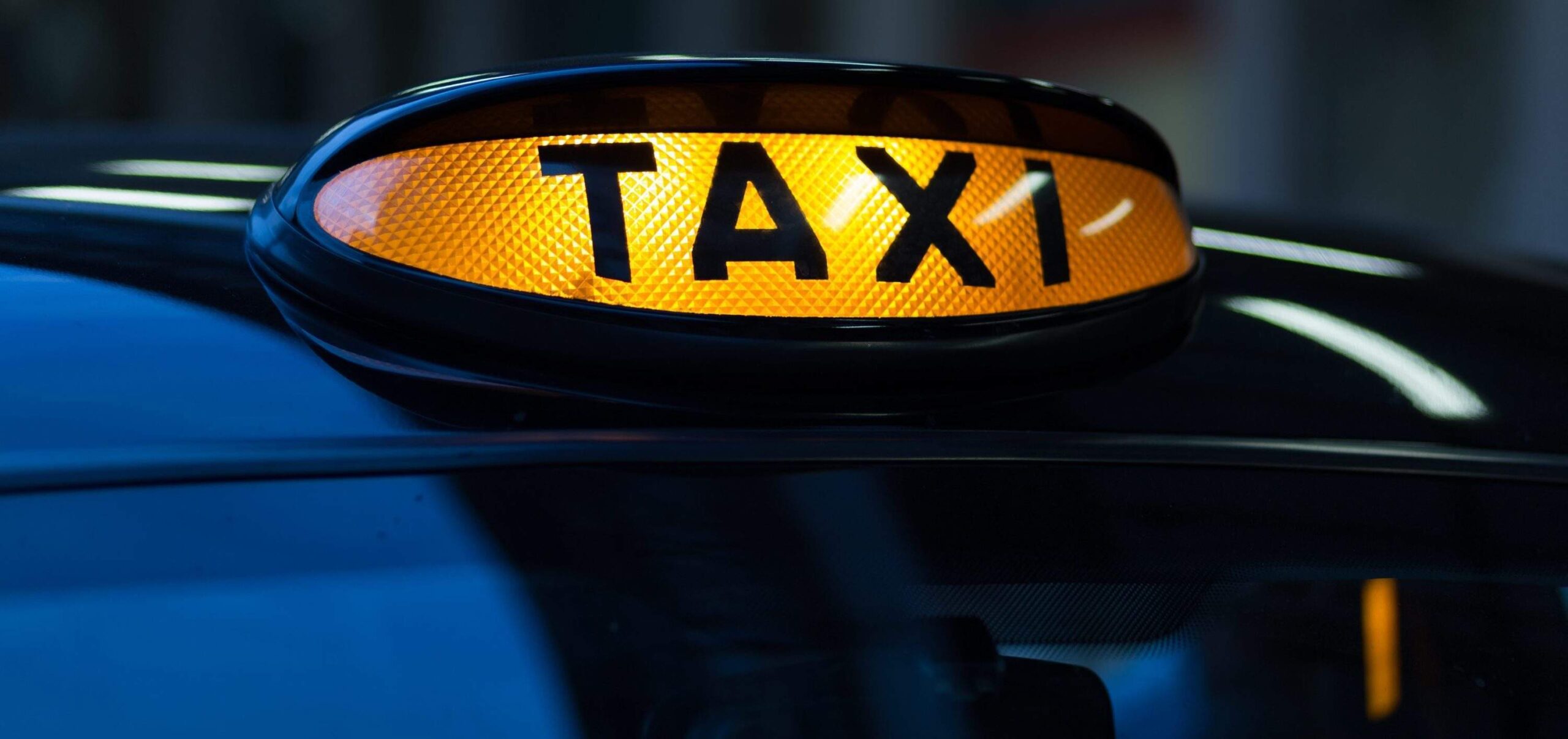
Uber is making its case to a London court this week that it is “fit and proper” to hold an operator licence in the capital. The ride-hailing company had its licence renewal turned down by Transport for London (TfL) last September, marking the end of a disappointing year for Uber. Despite its criticisms and in light of the Uber appeal, it is worth looking at how the app firm has been driving black cab innovation.
What did Uber do wrong?
TfL earlier rejected Uber’s application for a new licence on the basis that the company is not a “fit and proper” private car operator.
A memo reportedly sent by Uber to TfL said that as many as 1,148 London-licensed Uber drivers had been accused of “category A” offences. These included sexual incidents, stalking and dangerous driving.
The original reasons were released in a 21-page document by TfL, with most relating to public safety and security.
Uber appeal: how has Uber changed?
Uber has been allowed to operate as normal while the appeal process has been underway. However, it needs to convince TfL that it has made changes to ensure it has addressed the concerns highlighted. The app firm has announced a raft of changes in the UK that includes a mandatory six-hour break after ten hours of driving with passengers.
It has also introduced a 24/7 telephone support system and will report serious incidents directly to the police. Previously they were logged with TfL, which lengthened the process.
How well do you really know your competitors?
Access the most comprehensive Company Profiles on the market, powered by GlobalData. Save hours of research. Gain competitive edge.

Thank you!
Your download email will arrive shortly
Not ready to buy yet? Download a free sample
We are confident about the unique quality of our Company Profiles. However, we want you to make the most beneficial decision for your business, so we offer a free sample that you can download by submitting the below form
By GlobalDataUber’s lawyer Thomas de la Mare said the appeal should focus on these reforms.
“It’s no part of our case to say it was wrong,” de la Mare told Westminster Magistrates Court in London. “We accept it was right. It’s that acceptance that has led to wholesale change in the way that we conduct our business.”
Uber has made changes to how it operates. In recent years, it has also indirectly forced traditional black cabs to change.
Driving black cab innovation: mobile apps
More than 3.5 million people regularly use Uber to get around London. The company is less than a decade old and has only been operating in the capital since 2012. In that time, private hire licences have grown rapidly while black cab licences have gradually dropped.

Uber has clearly been doing something right, and this disruption has forced black cabs to evolve. A big part of Uber’s success is its mobile platform. Consumers are spending an increasing amount of time on apps, putting companies without one at a disadvantage.
In 2017, a group of black cab drivers built an app to allow passengers to book and pay for a black cab like they would through Uber. A host of other apps have sprung up in recent years to meet this demand.
Some even predated Uber’s arrival in London. On-demand taxi app Gett launched in the capital a year before Uber. Gett, for example, works in a very similar way to Uber but for black cabs. It has received much praise from users for streamlining taxi services.
However, a Business Insider review found that when demand was high, there was a shortage of black cabs available on the app. This is because drivers still pick up customers hailing a ride on the street, reducing the number of cars available on the app.
Surge pricing and electric cars
Customers may bemoan fares rising at peak times, known as surge pricing, but it helps to tackle these demand issues. When prices rise, it incentivises more drivers to get on the road. This model is yet to build any momentum among London’s black cabs but has gained traction elsewhere. Singapore’s transport regulators ruled in March 2017 that traditional taxis could charge a demand-dependant fee similar to Uber’s.
Uber has also tapped into consumer’s changing payment preferences. Debit and credit card spending overtook cash payments for the first time ever in the UK last year. Uber’s mobile payment system forced black cabs to accept card or lose out on business. In October 2016, a TfL regulation made it compulsory for black cabs to accept card.
In February 2017, Uber announced that its London drivers must use hybrid or fully electric cars from 2020 ahead of the capital’s Ultra Low Emissions Zone. Currently, around half of miles travelled via UberX — its most popular service — in London are in hybrid or electric vehicles. Uber drivers are incentivised to go electric with subsidised lease prices. Black cabs are beginning to follow suit, with the first electric black cab rolled out more recently in January this year.







